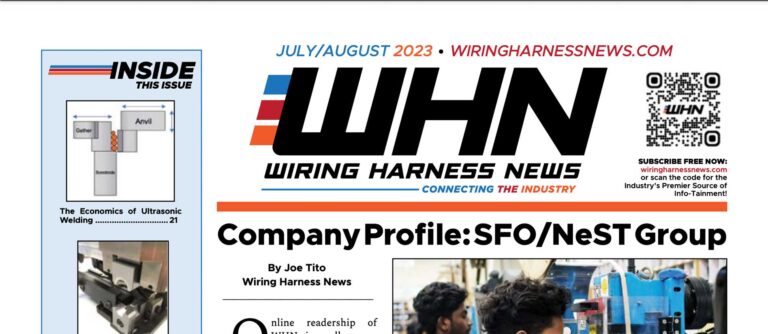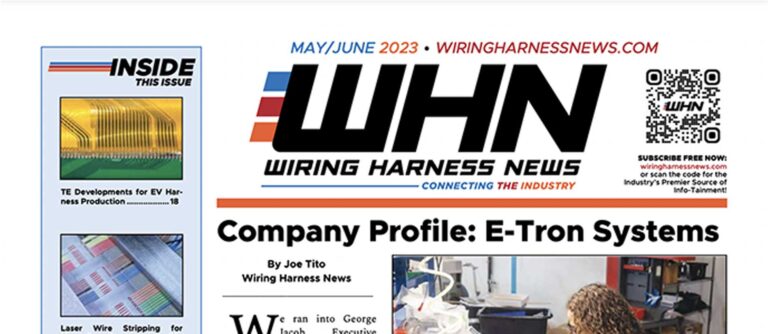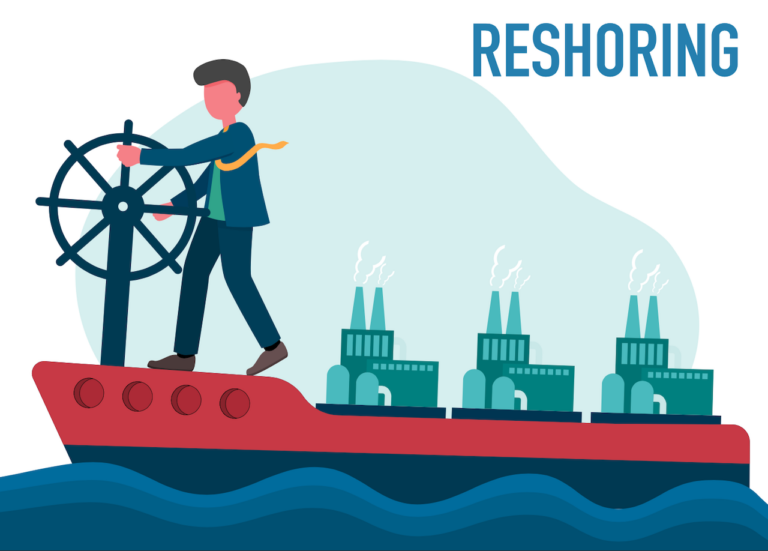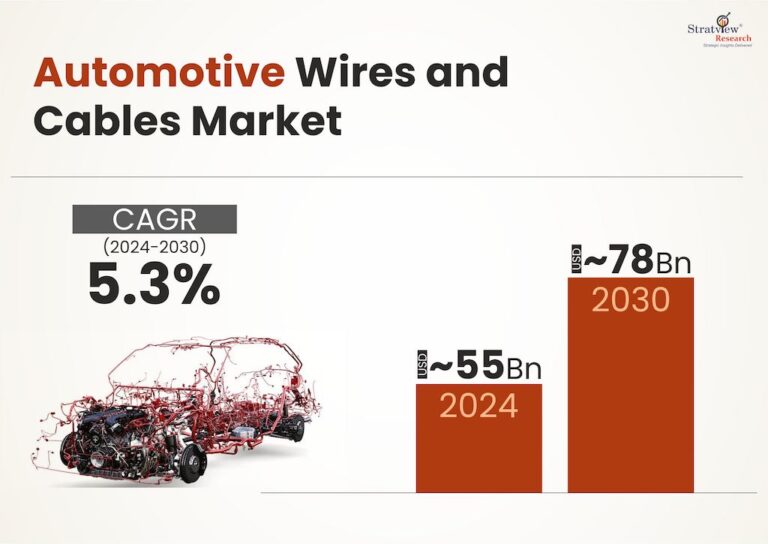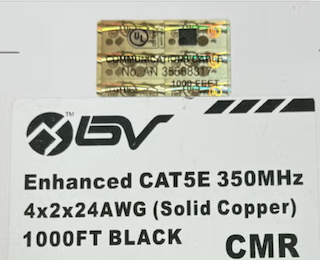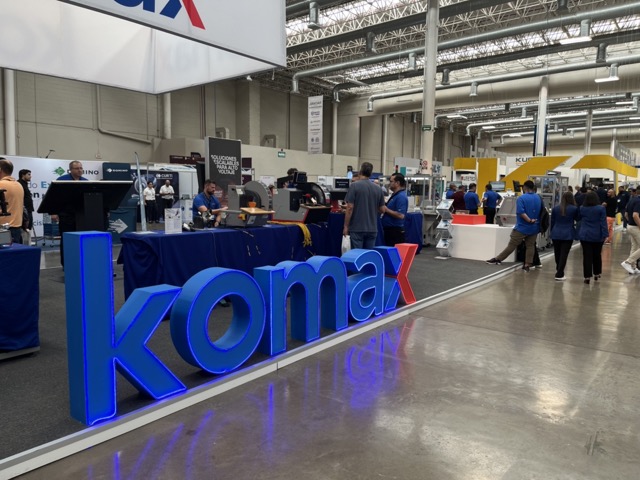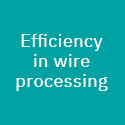A Fuller Answer: How to Select an M&A Adviser
by Loren Smith
After my presentation at the recent WHMA conference in Scottsdale, I was asked about the process of choosing an M&A adviser but was able to respond only briefly. Given my M&A work and my own experience running and subsequently selling my wire harness business, with the luxury of a bit more time I would have said that one should weigh four factors: industry knowledge, contacts, track record and chemistry.
Industry Knowledge
To ensure that your company’s most compelling selling points will be conveyed as thoroughly and persuasively as possible, you need an expert––not just in mergers and acquisitions, but also in your industry. If that depth of understanding is lacking, you will need to spend time educating your adviser, and––despite your involvement––the selling document and interactions with prospective buyers might both fall short of expectations. In the worst instances, you’ll need to continue coaching your adviser as you move through the process.
Contacts
While it’s not possible to predict the most likely buyer for a business, established relationships with possible buyers are an essential component of the process. An M&A adviser who does not have industry contacts is starting off with a distinct disadvantage. In selling your business it’s not who you know; it’s who your adviser knows.
Track Record
While this data point can be difficult to ascertain––mainly because an adviser is not likely to provide references that are lukewarm or worse––putting in the time to research an adviser’s performance is critical. Rank ordering advisers by the length of time they have been doing M&A work and by satisfaction with their performance is another key component of the selection process.
Chemistry––and a Caveat
If you often choose a plumber, painter or car dealer based on instinctive comfort level with that person, you surely want to employ the same radar in selecting an M&A adviser. But there’s a caveat. If you will often be dealing with the adviser’s support staff, you a) need to know that and b) need to meet them to make sure they impress you similarly. Firms with multiple partners and layers of management often shuffle responsibility as needed to serve multiple clients.
In my practice, for example, although I have a number of valuable support folks, when a company retains BVC they deal with me alone from start to finish. We limit our engagements to a number that I can manage, and I establish that up-front. So if an adviser you are considering does not volunteer that information, ask about it.
Just to Be Clear…
While these points might seem self-serving, I want to emphasize that I never tell prospective sellers it’s in their best interest to retain me. When initially talking to an individual who is considering selling his or her company, here’s what I say:
“This is likely the most important transaction you will ever make, and the reasons you should take advantage of the services of an M&A adviser are widely accepted. So in selecting an adviser, make sure that person is someone who you believe will commit the necessary time to the process, who you are comfortable with, who knows your industry and has contacts in your industry, and who has a measurable track record.”














